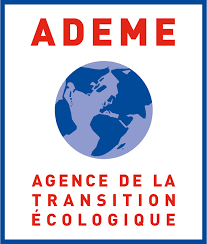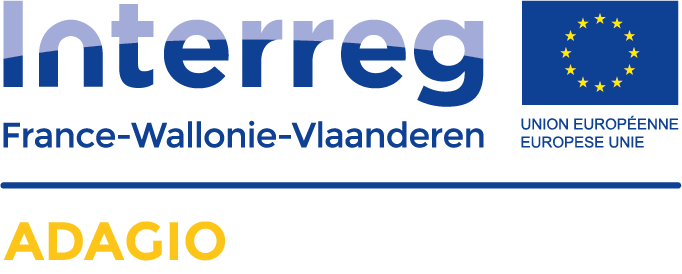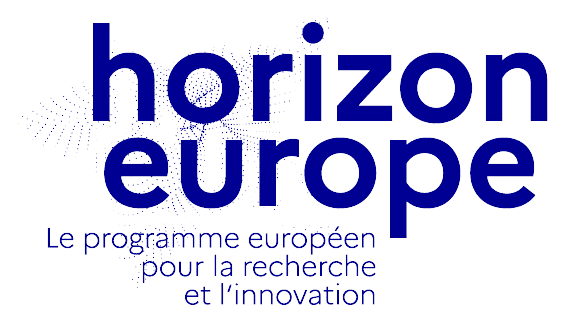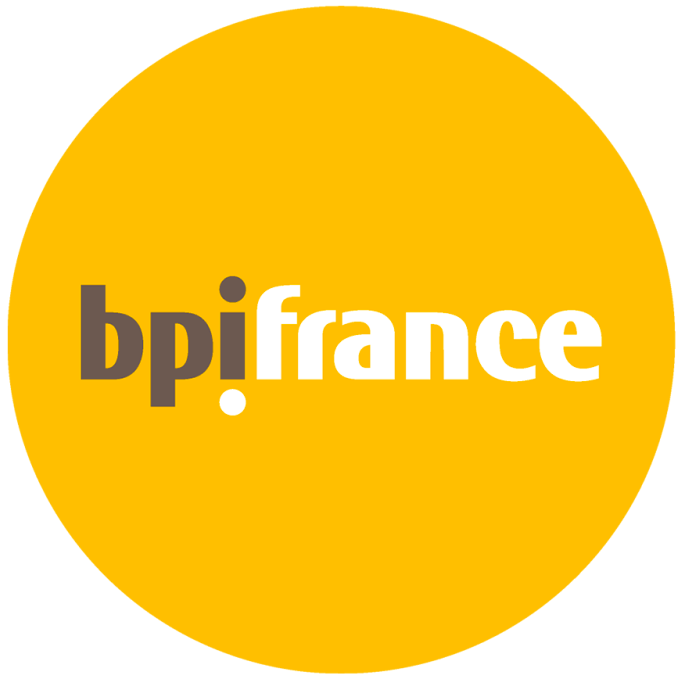Collaborative research - At the heart of international innovation in genomics
GenoScreen is a partner in collaborative research projects that bring together startups, multinationals and public-sector organizations. Our R&D teams provide their knowledge and expertise in the molecular microbiology of isolated agents and complex communities. This allowed our teams to develop our own projects for elaborating innovative products and services.
Our projects are designed to:
- Improve the diagnosis and management of acute/chronic diseases on humans and animals,
- Characterize and monitor microbial biodiversity, with applications in agronomy, agrifood and environment.
The common feature of these projects is the development of molecular tools for the characterization, monitoring and diagnosis of microbial communities. The key objective is to market simple analytical solutions and (ultimately) preventive, corrective or even therapeutic products based on microorganisms.
ADAGIO project (2019-2022)
Proposal of innovative nutritional solutions (calcium butyrate + ellagitannins + fiber) to improve health and digestive comfort in farm monogastric animals.
About the project: https://www.adagio-interreg.eu/
Our posters:
Partners:
Institut Polytechnique UniLaSalle, Sanluc International, ALGOFIT Solutions, Université de Gand
Funding:
BIMM-SOL project (2016-2018)
The goal of this project is to commercialize processes for analyzing molecular microbial biomarkers in the qualitative biological diagnosis of soils.
About the project: https://librairie.ademe.fr/recherche-et-innovation/2272-bimm-sol.html
Funding:

DIAMA project (2016-2021)
The DIAMA project is assessing and validating the Deeplex® Myc-TB test in Africa and Europe. This rapid molecular test (based on mass sequencing) detects and genotypes mycobacteria and predicts antituberculosis drug resistance in Mycobacterium tuberculosis complex strains.
Partners:
- Centre National Hospitalier de Pneumo-Phtisiologie - Benin,
- Prins Leopold Instituut voor Tropische Geneeskunde - Belgium (Bruxelles),
- Université des Sciences, des Techniques et des Technologies de Bamako (USTTB) - Mali,
- London School of Hygiene and Tropical Medicine (LSHTM) - United Kingdom (London),
- Service de Pneumophtisiologie de l’Hôpital National Ignace Deen - Guinea,
- Jimma University - Ethiopia,
- Université Catholique de Louvain (UCL) - Belgium (Louvain),
- The Bamenda Center for Health Promotion and Research - Cameroun,
- Institute National of Research Biomedical of Zaire (INRB) - Congo,
- Damien Foundation - Belgium (Bruxelles),
- Rwanda Biomedical Center (RBC) - Rwanda,
- University Cheikh Anta Diop - Senegal,
- World Health Organization (WHO).
Funding:
FLU-MICROBIOT project (2015-2018)
The goal of this project is to understand the role of microbiotas and the gastrointestinal and respiratory tracts in influenza co-infections.
Partners:
-
- INSERM - France (Lille),
- CNRS - France (Lille),
- Université Lille 1 Sciences et Technologie - France (Lille),
- Institut Pasteur de Lille - France (Lille),
- Minas Gerais Federal University - Brasil.
Funding:
BioDISSPOL project (2015-2018)
Development of microbial biomarkers for the identification and monitoring of sites polluted by chlorinated solvents.
Partners:
- BRGM - France (Lesquin),
- Université de Strasbourg - France (Strasbourg).
Funding:
MICROTYPE project (2014-2018)
This project underpins the worldwide surveillance of infectious agents like Brucella (the bacterium responsible for brucellosis) via the development of typing kits and databases.



